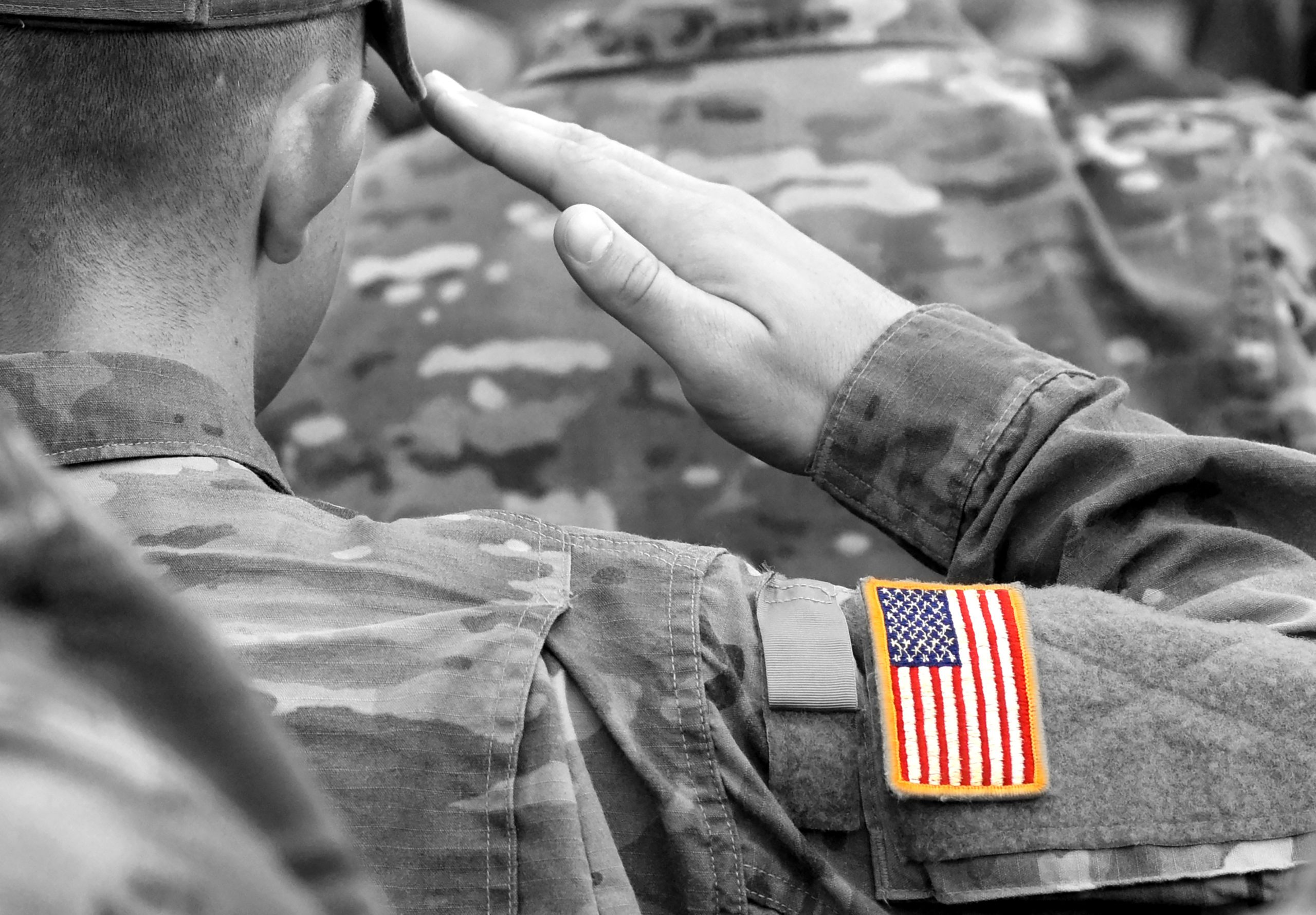To say that life in the military is stressful is as obvious as saying the sky is blue. It’s a known thing and unfortunately, it just goes with the territory of serving.
Every aspect is taxing both mentally and physically from the rigors of training through to the harrowing experience of deployment.
It takes a toll. The whole thing. You don’t need a Hollywood biopic to know and sympathize with that.
Once you’ve decided to move on, the often difficult transition to civilian life awaits. While some folks are able to deal with it in a healthy way, others struggle mightily.
It’s not uncommon for men to develop a substance use disorder (SUD) to help them cope with Post-Traumatic Stress Disorder (PTSD) from what they’ve been through – particularly if they were in combat situations.
To that end, veterans with drug addiction are a real issue.
Do Veterans Suffer From Drug Addiction?
The short answer is yes. Yes, they do.
As the Department of Veterans Affairs (VA) puts it, “Studies show PTSD and substance use problems are strongly related in people who served in the military and in civilians. Some people try to cope with PTSD symptoms by drinking heavily, using drugs, or smoking too much”.
The VA goes on to point out that “2 of 10 Veterans with PTSD also have SUD”.
According to the National Institute on Drug Abuse (NIDA), “among recent Afghanistan and Iraq veterans, 63% diagnosed with SUDs also met criteria for post-traumatic stress disorder”.
Additionally, as the National Center for Complementary and Integrative Health (NCCIH) says, veterans experience a “higher prevalence of pain and more severe pain than nonveterans, with young and middle-aged veterans suffering the most”. This led to an increase in opioid prescriptions for veterans as well as an increase in misuse.
Most troublingly is how this all leads to increased suicide rates among veterans. Rates that are notably higher than that of the civilian population.
Back in 2014, 20 veterans died by suicide every day as per NIDA.
In 2016, “the suicide rate was 1.5 times greater for veterans than for non-veteran adults, after adjusting for age and gender”.
A recent study didn’t mince words and put it in more straightforward terms saying, “in summary, veterans demonstrate high rates of SUDs”.
How Can Veterans Get Help with Drug Addiction?
Given all that those who’ve served have gone through and what they continue to go through long after they’ve served with respect to substance abuse and addiction, what can be done?
The first thing is to acknowledge that there’s a problem. You can’t fix what you don’t recognize as broken and getting your loved one to the point that they know they need assistance is critical to the success of the treatment.
The next step is finding a rehab center that is a good fit for them.
At Valley Recovery Center at Agua Dulce, for example, we specialize in treatment for alcoholism and drug addiction, with particular attention to opioids and benzodiazepines. Many of the substances veterans might turn to in their time of need.
Let VRC Agua Dulce Help You or Your Loved One Today
Once you’ve found the right place, it’s time to detox. Detoxification is imperative because it’s impossible to work through the mental aspects of addiction in residential inpatient care – i.e., talking through military experience in individual and group settings with trained and licensed professionals – without first breaking that physical dependency.
It may be comforting to know that our treatment center is a men’s only facility, something that could help your loved one feel more at ease about going to rehab.
If there’s a veteran in your life suffering from addiction, reach out to the Valley Recovery Center at Agua Dulce to learn about the steps you can take to help them.



